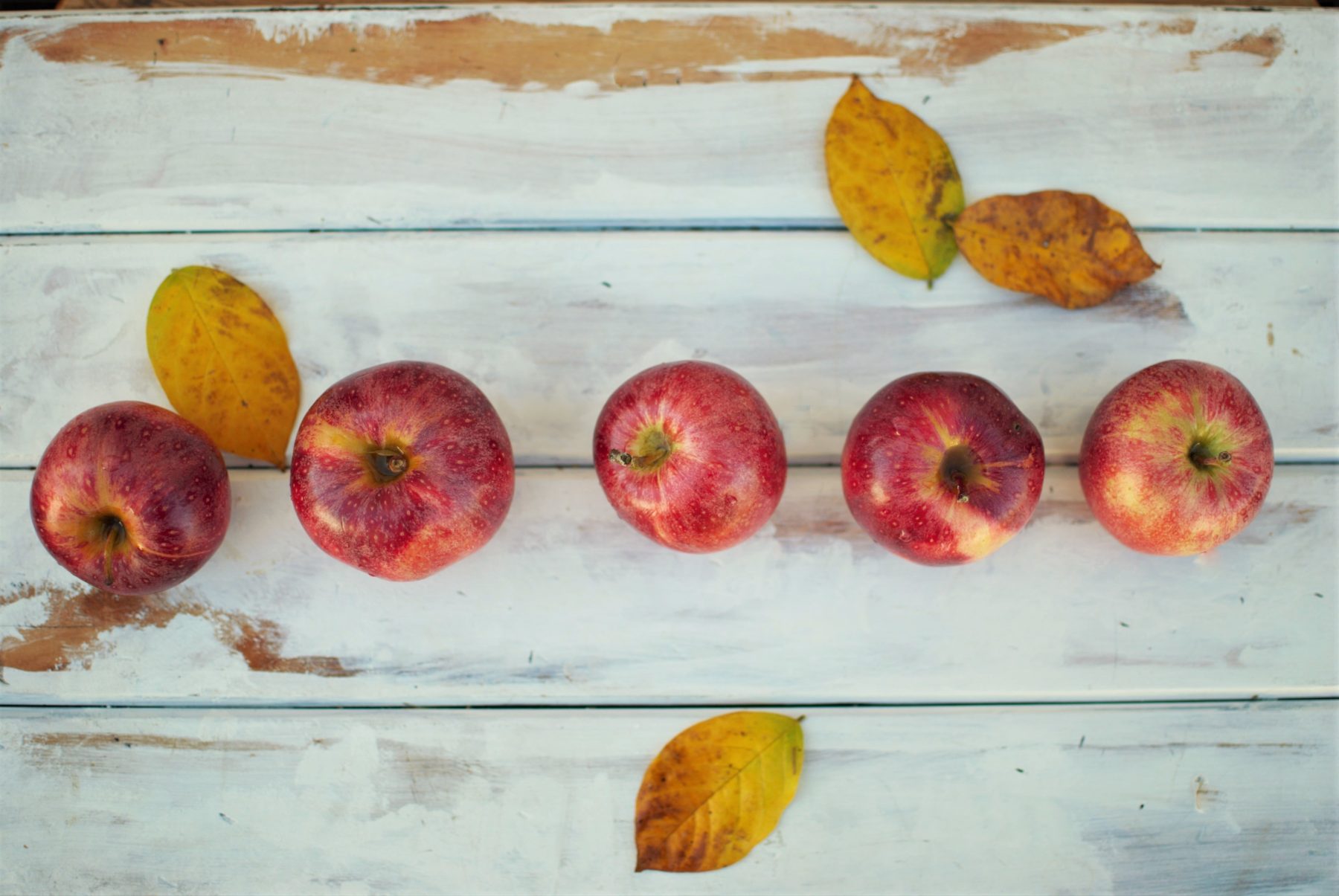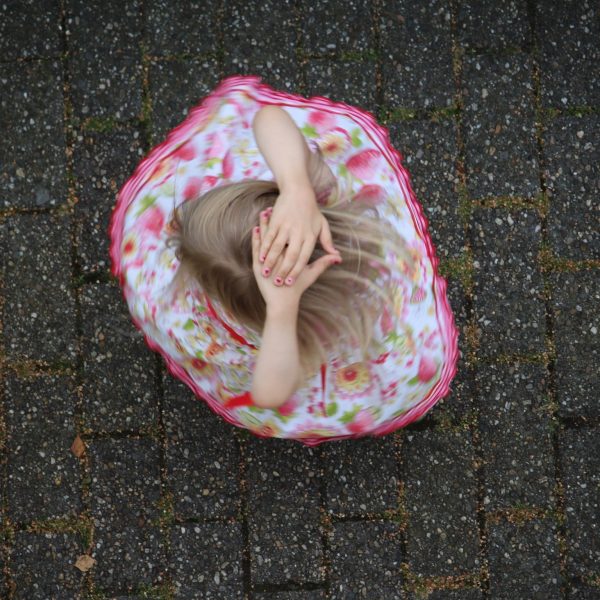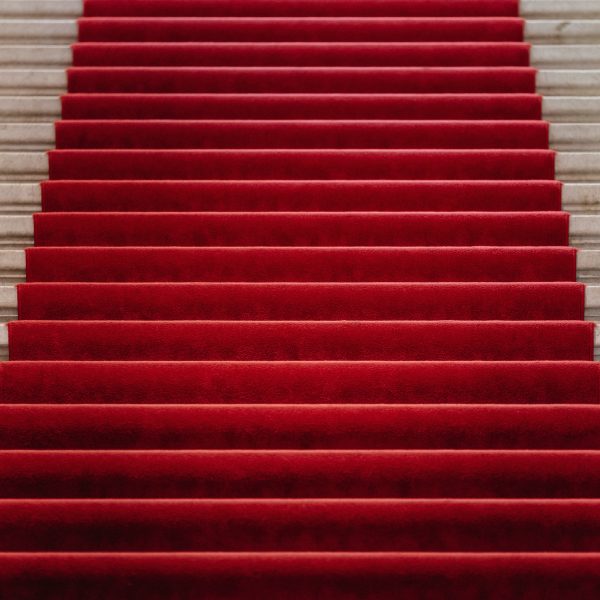Victoria announces 2020 Early Years Awards Finalists

The Victorian Department of Education and Training has announced the finalists for the 2020 Victorian Early Years Awards ahead of next week’s announcements of the winners in each of the seven categories shown below.
- Category 1: Improving Access and Participation in Early Learning
- Category 2: Supporting Parents to Build their Capacity and Confidence
- Category 3: Creating Collaborative Community Partnerships
- Category 4: Promoting Children’s Health and Wellbeing
- Category 5: Continuity of Early Learning
- Category 6: Early Childhood Teacher of the Year
- Category 7: The Emeritus Professor Collette Tayler Excellence in Educational Leadership Award
Category 1: Improving Access and Participation in Early Learning
This award recognises an initiative that promotes access, ongoing participation and engagement in early learning, particularly for families experiencing vulnerability and/or disadvantage.
Three finalists were selected, including Balee Koolin Bupup Bush Playgroup – Royal Botanic Gardens Victoria, Curious Young Minds Early STEM Literacy Program – Ardoch and the Special Kindergarten Program – Royal Children’s Hospital Education Institute.
Balee Koolin Bupup Bush Playgroup, a partnership between Casey Cardinia Libraries, Royal Botanic Gardens Victoria and the Victorian Aboriginal Corporation for Languages was recognised for its role in promoting access and ongoing participation in early learning for local Aboriginal children and families in the South-East Metropolitan Region.
Each week, bush playgroup participants engage in a series of play and nature-based activities involving Aboriginal storytelling, bush exploration, song, traditional dance and music, and the learning of the local Aboriginal language and culture – Boonwurrung.
Curious Young Minds Early STEM Literacy Program is an initiative developed with the support of Deakin University to improve literacy and learning outcomes for children in their early years, and is “evidencing real success” in the development of children’s STEM literacy and skills, as well as creating greater access and participation in early learning, particularly for children experiencing vulnerability or disadvantage.
The Special Kindergarten Program, established in 2013, was included for the adaptation of the program in 2020 to meet COVID-19 restrictions, having adapted to become completely virtual.
The RCHEI Special Kindergarten Program is improving access to education and the participation of children in hospital and post discharge by supporting early learners and their families during and after their hospital experience.
Category 2: Supporting Parents to Build their Capacity and Confidence
This award celebrates initiatives that support families, parents and carers to feel confident and capable in their parenting role, and recognises their role as the first and most important teachers in supporting their child’s learning and development.
In this category, The Babes Project, Caring Mums and Zoe Support Australia Early Years Program are all in contention for the award.
Established in 2009, The Babes Project supports vulnerable women through pregnancy and early parenting (perinatal period) as they face challenging circumstances that include family breakdown, domestic and family violence and trauma, homelessness, addiction, isolation and mental health issues.
The Caring Mums program is a confidential, non-denominational and free service providing emotional support to pregnant women and mothers of newborn babies, offering a holistic approach in the field of child development, and addressing the needs of not only the child, but the emotional and physical wellbeing of the mother.
Since 2013, Zoe Support Australia has provided wraparound, place-based support to young mothers (aged 13-25) in the Mildura community, aiming to break cycles of welfare dependency and to increase parent-child attachment, as well as significantly improving educational and employment outcomes for their clients.
Family Day Care and Playgroup are offered at three of four Zoe Centres. Located in an educational precinct close to two local high schools, mothers can work towards educational and employment goals while continuing to spend time with their children, building important parent-child attachment.
Category 3: Creating Collaborative Community Partnerships
Those finalists in category three are recognised for their initiatives which promote collaborative practice to support and demonstrate positive outcomes for children and families.
Finalists nominated in this category are: By Five – Wimmera Southern Mallee (WSM) Specialist Paediatric Support Partnership (SPSP), InterG – Bubup Womindjeka Family and Children’s Centre and Ready, Set, Prep!
The Wimmera Southern Mallee Specialist Paediatric Support Partnership (SPSP) is a collaboration between local Maternal Child Health providers and the Royal Children’s Hospital that aims to significantly improve health and wellbeing outcomes for children in the local community by embedding specialist expertise within the local primary care services that families trust and use every day.
InterG – Bubup Womindjeka Family and Children’s Centre aims to address the fact that many children who attend Bubup Womindjeka Family and Children’s Centre (BWFCC) in Port Melbourne don’t have regular contact with a grandparent or older adults.
Working collaboratively with Star Health, the BWFCC initiated the inter-generational program, InterG, for the participants to foster a positive connection between the generations by engaging in a range of activities together within an early childhood setting.
Ready, Set, Prep! (RSP) is a collaborative community initiative improving school readiness and life outcomes for children in the culturally diverse suburb of Fawkner, and works in partnership with Merri Health, Moreland City Council services (such as maternal and child health, community libraries, early years and community services, and playgroups) and kindergartens and primary schools, to address concerns noted in the 2015 Australian Early Development Census results, which showed that one-third of children in Fawkner start school developmentally vulnerable in one or more areas – significantly higher than state averages.
Category 4: Promoting Children’s Health and Wellbeing
This category acknowledges initiatives that are aimed at improving health and wellbeing outcomes for young children.
Children’s Health On Time – Your Community Health, Community Connections: New Directions Mothers and Babies Services Project and Early Years Body Safety Superstars – Body Safety Australia are the successful finalists in this category.
Your Community Health’s initiative, Children’s Health On Time, enables low-income families in North Eastern Melbourne to engage with timely, accessible and affordable health care earlier, and is delivered by a multidisciplinary Child and Family Allied Health Services team comprising speech pathologists, occupational therapists, physiotherapists, dietitians, counsellors and podiatrists.
The Community Connections: New Directions Mothers and Babies Services Project is improving participation and access for Aboriginal and Torres Strait Islander families to the Maternal and Child Health Key Ages and Stages Framework and primary health care and immunisation services.
Established within Greater Dandenong and extending out to the municipalities of Casey and Frankston, the project’s focus is to deliver key health, wellbeing, child development and nutrition messages to families within a community development model; while providing referral pathways to support Aboriginal & Torres Strait Islander families to receive early intervention and intensive support before health and wellbeing issues arise.
Since launching in 2015, Early Years Body Safety Superstars – Body Safety Australia has taken a whole-community approach to child abuse prevention, working with children, parents and educators to ensure the collective understanding and implementation of body safety for children using age-appropriate song, storytelling, activities and role play to cover ten key learning objectives including Assertive Communication and Body Autonomy.
Category 5: Continuity of Early Learning
This category will award two or more early childhood services, schools and/or other organisations that support continuity of early learning through successful transitions.
Two finalists have been selected in this category: Alphabeenies – Pembroke Primary School, and Buddy Reader Program – Leopold Child and Family Centre.
Drawing from the Victorian Early Years and Development Framework, the Alphabeenies program began in 2015 and is founded in the belief that effective transitions are achieved when the child and family have a sense of belonging and acceptance. Unlike traditional school transition programs that run over a few sessions late in the year, Alphabeenies provides regular, structured sessions over a longer period so that children can gradually build their confidence and literacy skills.
In 2019, the Leopold Child and Family Centre initiated an innovative Buddy Reader Program linking the children at Jellyfish Kinder with Leopold Primary School students and the Leopold Library. Grade 5 children were buddied-up with the kindergarten children as they would go on to be their buddy in the following year at school. The program had the Grade 5 children visit the Kindergarten weekly for a session followed by a walk to the local library with their buddies.
Category 6: Early Childhood Teacher of the Year
Awarded to an early childhood teacher who demonstrates evidence-based innovation and exemplary practice in early childhood education, and making a significant contribution to the development and delivery of high-quality early childhood education programs that improve learning and development outcomes for children, three professionals have been chosen as finalists in this category.
Dianne Berton from Harrietville Bush Kinder was selected for her work in structuring teaching to utilise outdoor learning, and for incorporating Aboriginal culture into her teaching practice.
Rozena Hewitt from Maroondah Pre-school was recognised for her innovative application of the Victorian Early Years Learning and Development Framework and for the implementation of two successful programs: Auslan (Australian Sign Language) learning through the Early Childhood Language Program, as well as an inter-generational program with the residents of the local Donwood Aged Care facility.
Kirsty Meese from the Belgrave Heights Christian School Early Learning Centre was included in the list of finalists in recognition of her role as a passionate advocate for the benefits of child directed and play based learning, and for her leadership in coordinating the Early Childhood Educators in Christian Schools Network (ECECS) where she regularly hosts Professional Development sessions.
Josette Nunn from the Yarram Early Learning Centre, has developed a unique educational philosophy based on an interweaving of contemporary early childhood theories and practices, and the ‘fabric’ of a place. By emphasising the importance of the community, Josette refers to the area surrounding the Yarram Early Learning Centre as being “surrounded by a tapestry of possibilities”, and through her teaching encourages children and families to immerse themselves in their community.
Category 7: The Emeritus Professor Collette Tayler Excellence in Educational Leadership Award
Those in category seven are in line to receive an award which recognises efforts to lead educators and teachers to significantly improve the quality of their learning and teaching practices, with a focus on intentional teaching practices to achieve improved outcomes for Victorian children and their families.
Two finalists – Haileybury Early Learning Centre and Springvale Service for Children have been recognised here.
At Haileybury’s Early Learning Centre (ELC) the leadership team base their approach to learning on what children know now and are ready to learn next, using evidence-based practices to inform differentiated learning approaches and to measure their impact, ensuring exceptional learning outcomes for all children.
Place-based education, kinship, culture and language in early years education is an important focus for the education leaders at Haileybury’s ELC. Embedding values of sustainability and evidence-based inquiry into their early years learning program, they are developing innovative age-appropriate assessment tools and enabling teachers to inform approaches to further children’s language and literacy skills.
The Springvale Service for Children is situated in one of the most culturally and linguistically diverse municipalities in Melbourne, reflected in their multilingual staff, families and children.
Responding to the challenges of COVID-19, the Springvale Service for Children team developed a variety of inquiry questions that inspired them to create a ‘kinder to home learning plan’, being mindful of how this would meet every child and their families’ current needs. This involved a strategic plan where they used their bilingual teachers to communicate with each family in-language, enabling them to understand their diverse needs regarding access to communication technology and whether this would be beneficial.
Popular

Workforce
Policy
Quality
Practice
Provider
Research
ECEC must change now, our children can’t wait for another inquiry
2025-07-02 07:47:14
by Fiona Alston

Practice
Provider
Quality
Workforce
Leading with Curiosity: How distributed leadership is redefining the future of early childhood education
2025-07-03 07:42:07
by Contributed Content

Events News
Workforce
Marketplace
Practice
Quality
Provider
Research
An exclusive “Fireside Chat” with ECEC Champion Myra Geddes
2025-07-01 11:25:05
by Fiona Alston













